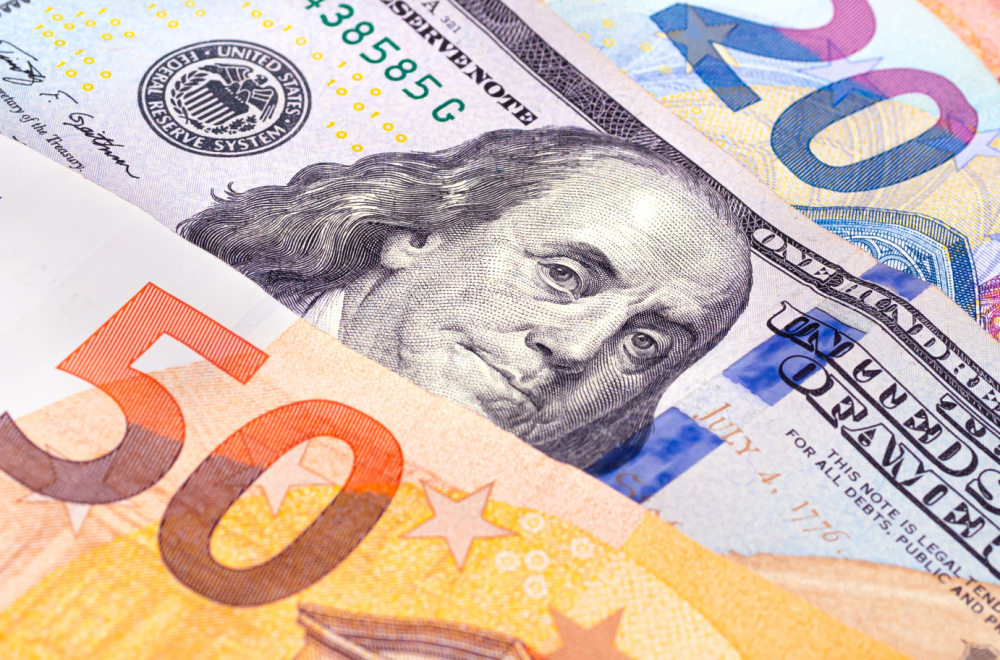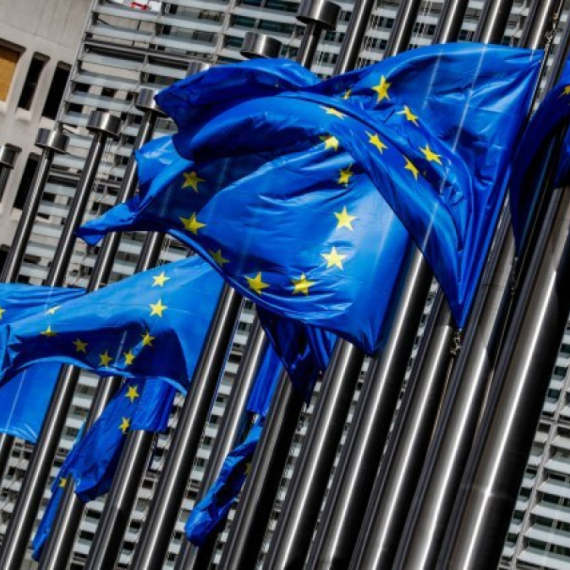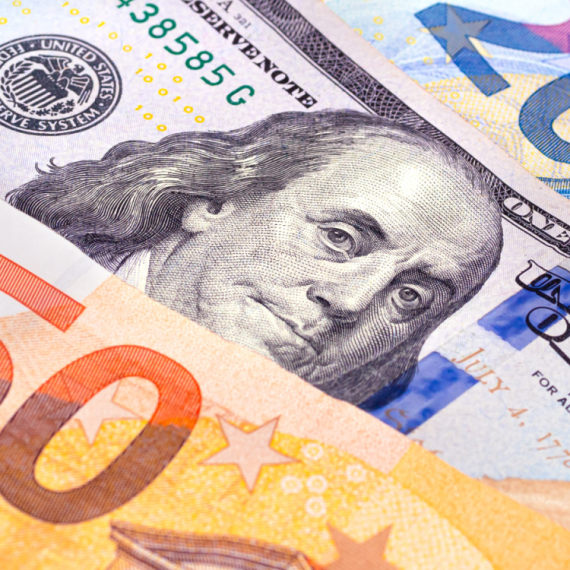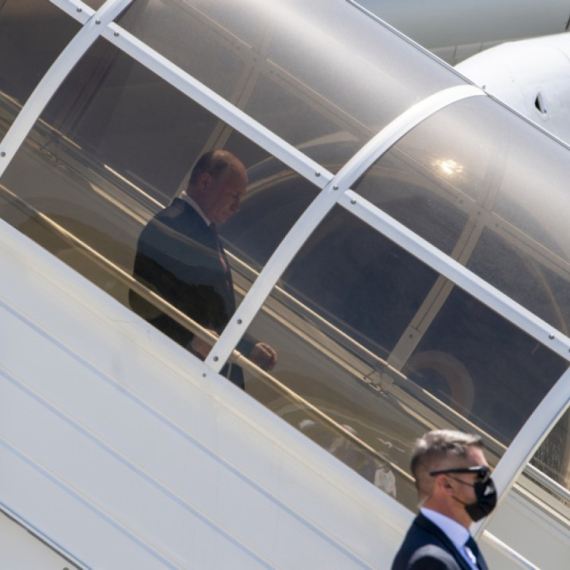Euro at Its Peak: Blessing or Curse for the Economy?
The euro has surged by a whopping 14% against the dollar this year, reaching its highest level in the past four years. Is this a reason to celebrate or panic? The European Central Bank (ECB) has already cut interest rates eight times to ease monetary policy, but now it faces a new problem – a strong euro that threatens to disrupt inflation targets and exporters.
Strong Euro – Problem or Opportunity?
The ECB doesn’t officially boast about the strong euro, but experts from the Dutch financial group ING clearly state it’s a cause for concern. If the euro continues to strengthen and crosses the 1.20 dollar mark, it could create disinflationary pressures and prevent the ECB from achieving its 2% inflation target. This means prices might rise slower than needed for a healthy economy.
Exporters Under Pressure
A strong euro isn’t just a problem for inflation; it’s also a headache for European exporters. When the currency is strong, European products become more expensive for buyers outside Europe, which can reduce demand and hurt company profits. This is especially bad at a time when industrial activity is already declining, and companies like Thyssenkrupp Steel suffer from high energy costs and pressure from cheap Asian steel.
ECB in Action
To tackle these challenges, the ECB plans another cut to its deposit rate from the current 1.75%, most likely at the July meeting. The goal is to further ease monetary policy and stimulate the economy, but the question remains how effective this will be amid a strong euro.
Global Trade Wars and Tariffs
The situation is further complicated by U.S. tariffs of 30% on imports from the European Union, effective from August 1. These tariffs are a response to trade disputes and add extra pressure on European exporters already struggling with a strong euro and declining industrial activity.
Local Impacts and the Bigger Picture
In Serbia, while the euro climbs, there’s a race to enroll in vocational high schools as young people realize that master’s diplomas can bring salaries around 300 euros – modest but realistic in the current economic climate. Meanwhile, in Germany, the South German traditional clothing chain Dollinger announced it will close its last five stores by the end of October, another sign of economic troubles in the region.
Conclusion: Euro – A Double-Edged Sword
The euro at its highest level in four years sounds like good news, but in reality, it’s a double-edged sword. A strong euro can slow inflation but also threaten exporters and the overall economic stability of Europe. The ECB is in a tough spot, having to balance supporting growth and controlling inflation, while global trade wars add complexity.
Think this is just another boring economic story? Think again! A strong euro can affect the price of everything you buy, from food to clothes. And exporters? They’re fighting for survival as the currency rises. Who will come out on top? Or will we all end up in economic chaos?
Jump into the conversation – do you think a strong euro is a blessing or a curse? Drop a comment, share your story, or just throw in a funny meme about the economy. Let the people’s voice be heard!






































